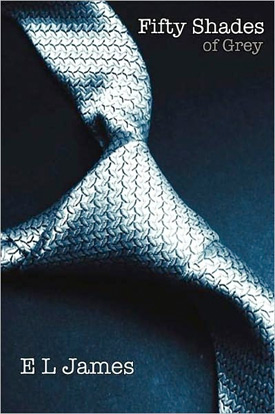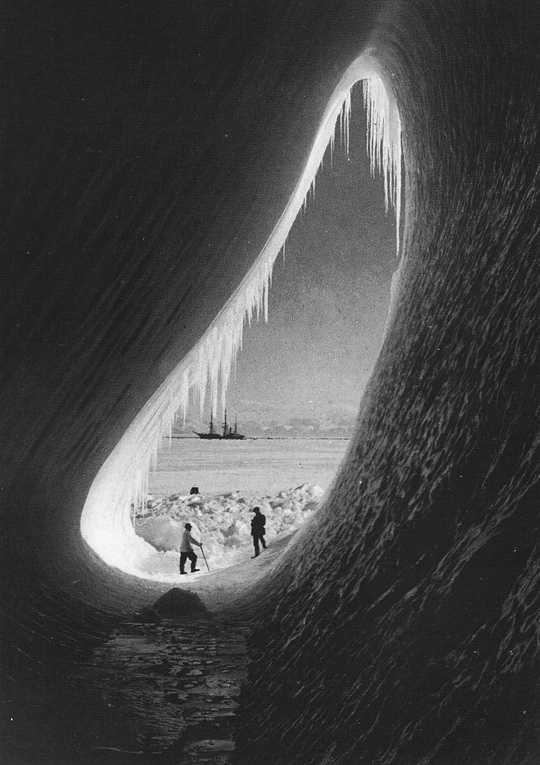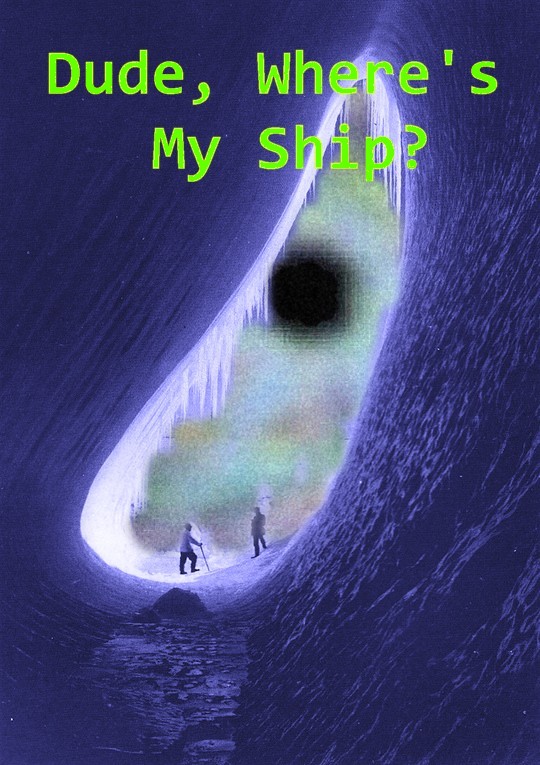Lily White LeFevre has a really good post on how your historical romance hero probably doesn't have the least idea what the heroine's clothing is made out of. She notes:
Certainly my husband can’t remember my clothing. I am not sure he could describe his favorite of my dresses other than to say “that 50′s dress.” Maybe he would get that it’s black and white polka dots. But he’s not going to talk about cap sleeves and under-bust gathering and bias-cut swish on the high-waisted A-line skirt.
I don't know LeFevre's husband, but I don't think it's much of a stretch to assume that she could probably remove the sleeves of that dress tomorrow, and he wouldn't notice. If it's a really good dress, he might not even notice if she removed her arms.
That's because most straight men don't really much notice an attractive woman's arms, much less the clothing over those arms. The reality is that, if you like women, you're probably focused on the T&A. Maybe you're more into the legs or you really don't care about the T as much as the A or the A as much as the T. A minority have foot fetishes and the like, but for people who dig women, it's mostly T, A, or some combination of T&A.
That can be hard to write about. If you occupy one end or the other of the Kinsey scale it's a challenge to write from the point of view of someone who is attracted to a gender that doesn't really light your fire. It feel weird and off and kind of rude and maybe even like you're insulting people or promoting stereotypes. I mean, hey, in the previous paragraph I just said that all men care about is T&A! Except that I didn't--what I'm saying is that if your character is supposed to be a straight man, and he is supposed to be encountering a woman he finds attractive, he should be looking someplace other than her arms (like, you know, the area between her arms).
I've had to think a lot about this with the Trang books because the main character is a straight man and I'm a straight woman (which is why the photos below are of Chris Hemsworth and not Scarlett Johansson--hey, it's my blog). I really wanted to avoid being like the women who write the sort of historical romances LeFevre is complaining about. These women are way more interested in historical costuming than they are in breasts, and they are way more comfortable writing about historical costuming than they are writing about breasts, but guess what? If a man is more interested in a woman's clothes than in the body that occupies those clothes, she is shit out of luck in the romance department.
It's the same with gay characters (who I feel should actually be gay--it's kind of a pet peeve of mine when people decide to be "inclusive" by having asexual gay characters and areligious Jewish characters and the like). Fourteen years in New York City meant that I experienced quite a number of lesbian pick-up attempts. At first, I kept not recognizing them for what they were, which led to confusion and I'm sure some hurt feelings. Eventually I realized that there is a world of difference between "That shirt looks great on you" and "You look great in that shirt."
Noticing clothes = not attracted. Noticing bodies = attracted.
Don't believe me? Think that people pay just as much attention to the frame as they do the picture? Let's see!

Are you thinking about his clothes?
Well, you should give that a try. Why? Because a big reason this photo is so eye-catching if you like men is because of the pants. I mean, yes, Hemsworth has a lovely upper body, but the thing that makes you want to throw your hands over the eyes of any impressionable youngsters can be found a little lower down:

Those pants are low--if Hemsworth were to stretch his arms up over his head, we'd be seeing Mjölnir for sure. Which, you know, is the point. You can't shy away from the fact that people are really going to notice anything that points the way to the genitals.
So the pants are definitely working for Hemsworth here--they are an effective frame. But if you like men, it's not as though you notice the pants themselves, at least not until you calm down and decide to analyze what's going on. What you notice--what rivets your attention--is those three inches of skin above the pants.
Is the body the only thing people care about? Of course not. But even if your main character finds another attractive because of their humor and compassion and intelligence and marvelous inner qualities, once that switch is flipped, they need to start finding that other character physically attractive in a way that is believable.
The other side of this is that you can't have characters get all lathered up about body parts they shouldn't actually care about. Let's say you really, really love the boobies. You've got to understand that your straight female characters should not give a shit about the boobies. To a straight woman, breasts are tactical assets, nothing more. There are only two reasons a straight woman looks at another woman's breasts: 1. the other woman has huge fake breasts and is wearing a see-through blouse with the words, "LOOK AT MY BOOBS!!! I'M INCREDIBLY PATHETIC AND/OR A SEX WORKER!!!" bedazzled on it, or 2. the woman is trying to figure out if men (or a particular man) will think that other woman is hotter than she is. Likewise a straight man looks at Chris Hemsworth up there and thinks something along the lines of either: 1. that guy is trying way too hard, or 2. how can I look like that?







